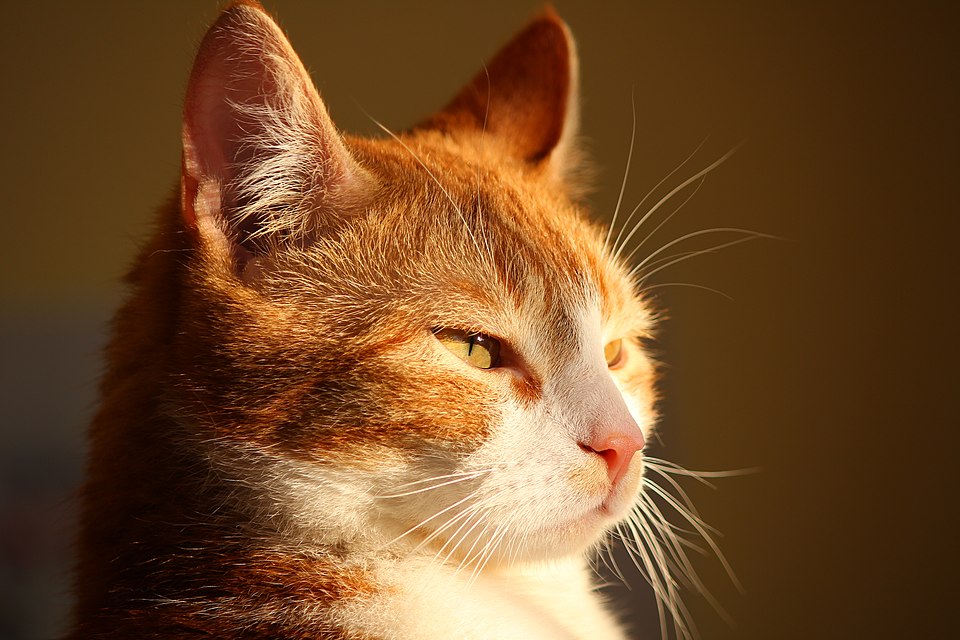
Switzerland will not implement a nationwide mandatory microchipping policy for cats, following a vote in the House of Representatives on Tuesday. The proposal was rejected
by 108 votes to 80.
Each year, over 10,000 cats go missing in Switzerland. Many of them spend extended periods in animal shelters while their owners search in vain. Green Party parliamentarian Meret Schneider, who submitted the motion, emphasized the growing issue of abandoned cats—particularly once they are no longer “small and cute.” These animals often reproduce unchecked or remain in shelters for long periods.
Schneider argued that a mandatory microchipping system, similar to the one already in place for dogs, would have clear benefits. Pet owners could be swiftly contacted if their cat were found, and local governments could manage stray populations more effectively. She also suggested that the cost of registering a cat would make people more thoughtful before adopting one. Additionally, she noted that such a measure would ease the burden on animal protection organizations and curb illegal breeding and trafficking.
However, the motion faced strong opposition. Sylvain Freymond of the Swiss People’s Party called the proposal an unnecessary and coercive measure that failed to address more pressing issues. He pointed out that many stray cats are born in the wild and don’t have owners, meaning the financial burden of microchipping them would fall on the government. He questioned the timing of such a policy given Switzerland's broader financial pressures.
Despite backing from the Federal Council, which supported the initiative, the proposal failed to gain enough parliamentary support. Interior Minister Elisabeth Baume-Schneider argued the added costs would be minimal, as a national cat database already exists for voluntary registration. She noted that a mandatory system could help reduce the cost of damage caused by stray cats and provide better insight into the country’s feline population—such as distribution, breeds, and overall numbers.
The minister also highlighted that microchipping could support biodiversity monitoring and help track diseases affecting animals and humans. She estimated that around 225,000 cats in Switzerland currently remain unregistered and uncontrolled. The proposed system would have required each cat to be chipped during at least one veterinary visit in its lifetime. Photo by Flyingd, Wikimedia commons.



































